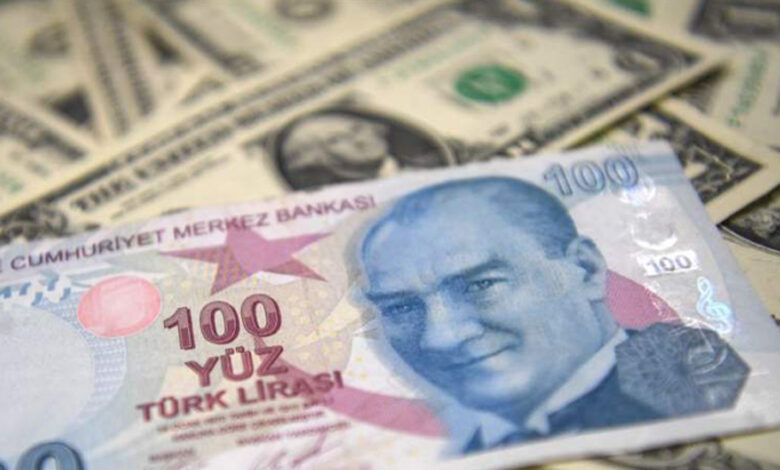
Turkish assets took another coup while the lira decreased for a fourth straight day in choppy traffic, and dollar bonds go down, with the presence of worries over depleted FX reserves and costly interventions of state to stabilize the coin.
The lira passed by more than 0.5 percent to 7.0060 towards the dollar by 1910 GMT, its lowest level since mid-May. The coin also decreased of 8.2962 versus the euro on Thursday.
after a holiday for four-day that reduced the liquidity of the market, regulatory data indicated that state banks continued to rise their short foreign currency positions, which have spiked since May. They hit a net $10.2 billion last week, from $9.1 billion a week earlier. In total, data and calculations by traders revealed that the central bank and state lenders have sold some $110 billion since early last year to stabilize the lira, with the increase of FX interventions in recent months.
Some analysts have said that the renewed lira pressure, two years after a full-blown currency crisis, show the interventions may be running out of steam. In the context, Viktor Szabo of Aberdeen Standard Investments said: It is not sustainable. Either they have to allow (the lira) to go, or in a negative scenario you would have capital controls. It stops the bleeding but it also stops trade.
Before volatility returned with force this week, with gauges at the highest since May, the lira had hovered around 6.85 for two months. It could decrease more, were the dollar index not near a two-year low due to massive US pandemic stimulus.
The net FX reserves of the central bank decreased to $28.7 billion last week, which is the lowest since mid-May. Whereas gross reserves bordered up to $51 billion, and analysts said that much of that is toke from money or gold.
The senior portfolio manager at Union Investment, Sergey Dergachev, said: one risk was Turkish confrontation with France, Greece and others over Mediterranean energy exploration plans and over Ankara’s military involvement in Libya. He continued: Turkey is involved in many geopolitical hotspots and the problem is that those adventures are costly and uncertain.
Dollar-denominated sovereign bonds down clearly to mid-May levels with the 2030 issue marking its highest weekly decline since the coronavirus pandemic touched global markets in March, in what Tradeweb data revealed.
Moreover, other risk measures such as CDS insurance increased to the highest levels in almost two months, whereas the main stock index of Istanbul decreased to 0.8 percent.












